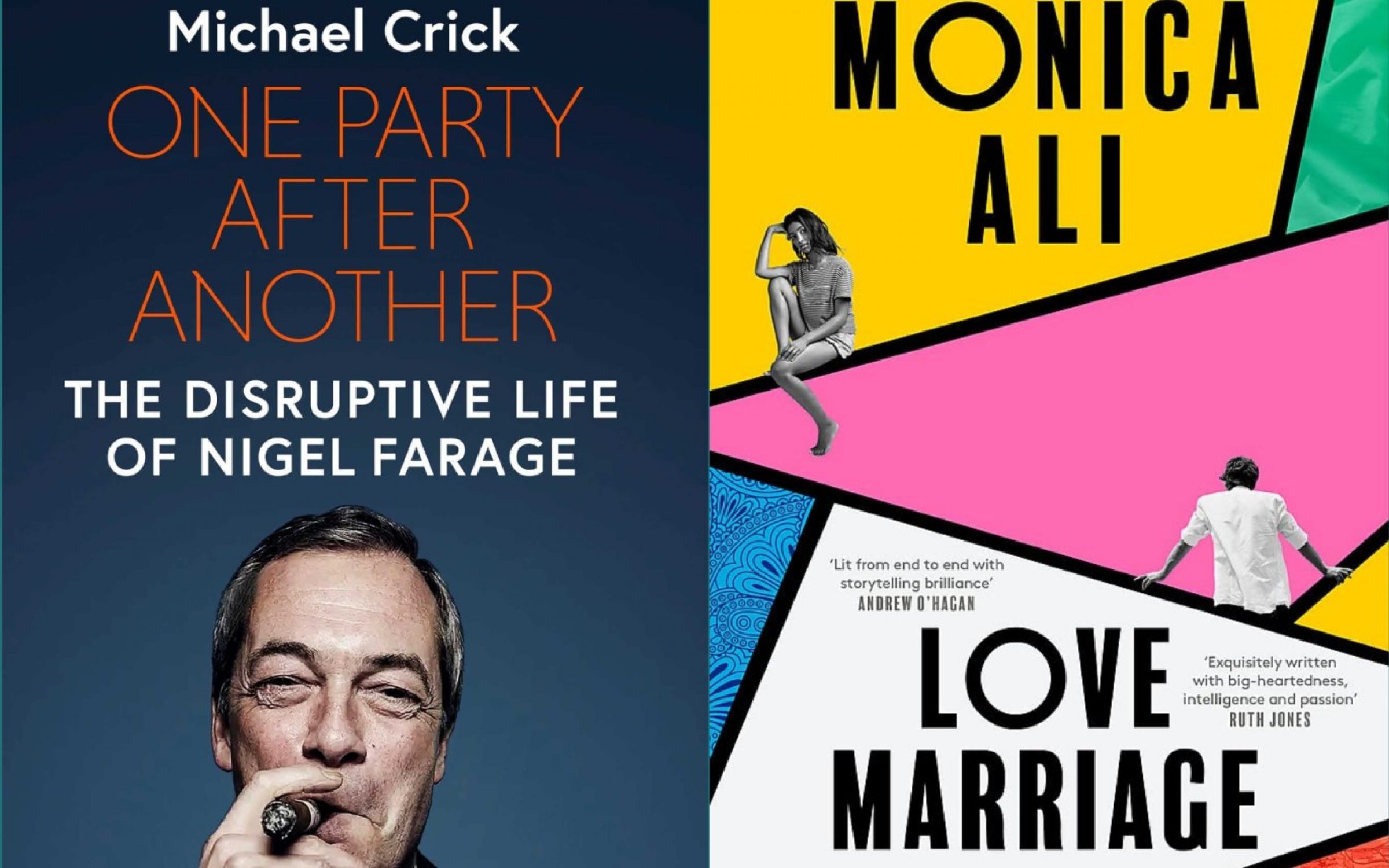One Party After Another: The Disruptive Life of Nigel Farage by Michael Crick (Simon and Schuster), £25.
Bill Bowkett
Love him or loathe him, one cannot deny the impact of Nigel Farage on British politics. Michael Crick agrees, hence the subject of his latest comprehensive biography, One Party After Another.
For more than two decades, Nigel Farage took the Tories and the bureaucrats in Brussels to task over a range of issues. If it was not for Farage spearheading UKIP, the UK Independence Party and some luck along the way when New Labour introduced proportional representation for European parliamentary elections, Brexit may never have happened. Nigel Farage would have “remained an obscure City metals trader”. Although, Crick is quick to remind us that Farage cannot take full credit for the 2016 referendum – Vote Leave was the official campaign.
At over 500 pages long, the biography was always going to focus on controversy. A letter is included from an old schoolteacher from Dulwich, Chloe Deakin, who wrote to the headmaster complaining about Farage being appointed as a prefect due to his alleged “racist” tropes as a teen, like singing “Hitler youth songs”. Crick references other controversies too; his secret meetings with far-right activists such as Mark Deavin, his toxic relationship with UKIP founder Alan Sked and so on. The book isn’t subheaded “The Disruptive Life of Nigel Farage” for nothing.
Despite the claims that hang over his past, Farage comes out of this book in a relatively positive light. UKIP helped make the British National Party extinct. His post-referendum Brexit Party pressured the Tories to appoint Boris Johnson, and Britain’s departure from the European Union was delivered.
Farage is now a broadcaster on GB News. He claims he has left politics for good, I wouldn’t be so sure. A second edition of this biography could well be on the cards a few years down the line.
Love Marriage by Monica Ali (Little, Brown Book Group), £18.99.
Grazie Sophia Christie
In Love Marriage, Monica Ali — author of the best-selling novel Brick Lane — does not so much deconstruct the marriage plot as make it whole again. Fellow doctors Yasmin Ghorami and Joe Sangster are newly engaged, but in an inconvenience as old as the marriage plot itself, both are still living at home.
Yasmin’s family, the Bengali Ghoramis, live in southeast London, along with many secrets. Meanwhile, Joe and his mother, Haute-feminist Harriet Sangster, live in Primrose Hill with not nearly enough secrets between them.
Ali employs romantic comedy’s most delightful formula — equal parts expectation and surprise — as these two families hold up mirrors to one another, and Yasmin and Joe find within themselves what they guessed of one another.
As for the marriage plot, Ali finally fleshes it out, literally: it gets back the sex of which it has been so long stripped. Some heavy-handed psychology aside, Ali’s work is a deft, deft pleasure.




